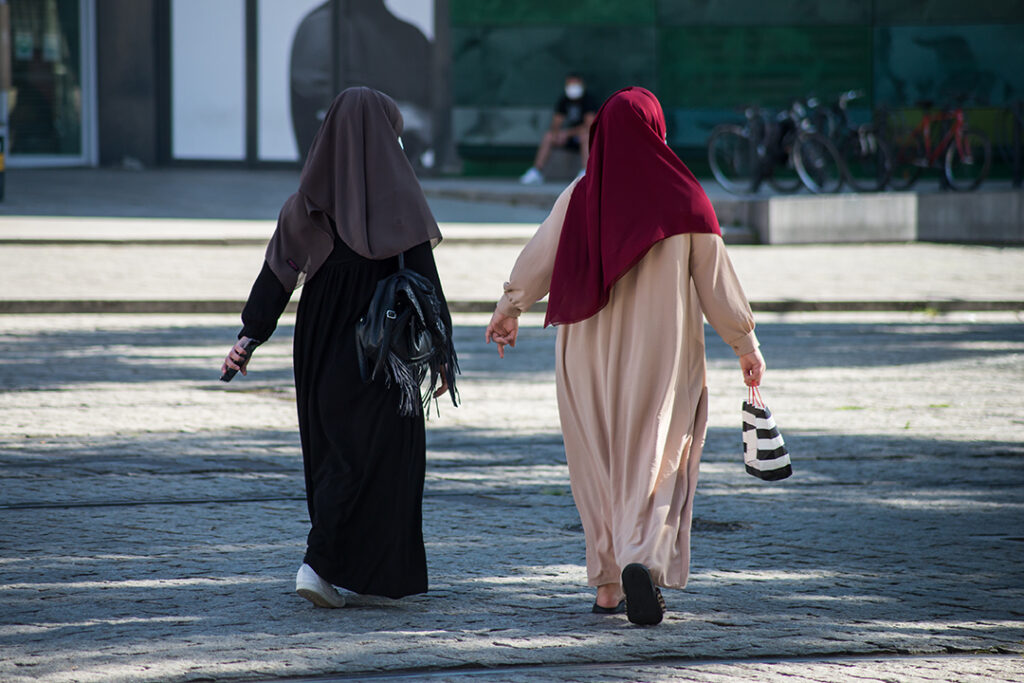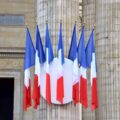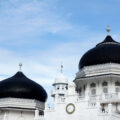Reshaping Islam in France
Reshaping Islam in France
Our analyst Muhammad Faisal Khalil looks at the recently created ‘Forum of the Islam of France’, and what it may mean for French Muslims.
This weekly comment was written by Muhammad Faisal Khalil and reflects his personal analyses and opinions, rather than those of EARS.
In February 2022, the French government replaced the French Council of the Muslim Faith (CFCM) with the Forum de l’islam de France [‘The Forum of the Islam of France’] (FORIF).[1] Part of French President Emmanuel Macron’s measures to crack down on “Islamic separatism,”[2] this move was to combat “foreign interference”[3] in how Islam is practiced and the way its religious institutions are organised in France.
The CFCM was seen to represent the “consular Islam” system,[4] in which foreign majority-Muslim countries – Algeria, Tunisia, Morocco, Saudi Arabia, and Turkey – were able to influence Muslim organisations within the CFCM.[5] FORIF, in contrast, is seen as a “grassroots”[6] body, in which dozens of influential Muslim figures, as well as lay people, will be directly handpicked by the government and tasked with integrating French Muslims.[7] The body will focus on supporting prayer leaders in mosques and clerics employed in prisons, hospitals and the military, ensuring mosque security, and combatting discrimination against Muslims.
What does FORIF mean for France and its Muslims?
The creation of FORIF has received different reactions. Supporters have called it “a bold move,”[8] which engages closely with ordinary Muslims and ensures that they adhere to France’s secular public life. Critics see it as a “political ploy”[9] to attract right-wing voters and an “institutionalised discrimination”[10] trying to control their faith.
Despite these differences, there seems to be an agreement that this body will try “to reshape Islam.”[11] The transformative ambition was strongly felt in Interior Minister Gérald Darmanin’s comments about FORIF. He hailed it as the “launch”[12] of “a revolution”[13] and insisted that “Islam is not a religion of foreigners in France, but a French religion that should not depend on money or foreign authorities.”[14] Like the similarly-modelled German Deutsche Islam Konferenz [‘German Islam Conference’] (DIK) that promotes ‘‘German Muslims,”[15] FORIF is arguably an important attempt by the French state to centralise the organisation of Islam in the country and create “French Muslims.” Macron does indeed speak of his vision of an Islam “faithful to the values of the Republic,”[16] describing any incompatibility with the Republic as “Islamic separatism.”[17] In his October 2022 speech at the Grand Mosque in Paris, Macron went as far as declaring that the French state will establish a “French Islam.”[18]
The religious freedom of French Muslims
The key concern is that state interventions that seek to shape religion, in this case Islam, may reduce the religious freedom of its citizens. Within the context of France, any intervention that seeks to expand the role of the state to control religion is directly at odds with French laïcité, which seeks to separate religion from state affairs. As French legal scholar and commentator Rim-Sarah Alouane notes, this separation is deemed crucial to French secularism precisely because it seeks to protect freedom of conscience and religious freedom.[19] Measures to establish a specific type of Islam put the secular French state in the contradictory position of creating or reforming religion itself. Moreover, shaping what religion Muslims follow also erodes and even criminalises their freedom to practice religion as they individually understand it.[20]
It remains to be seen whether FORIF will be a platform that protects or undermines the religious freedom of Muslims in France. The official narrative behind FORIF, of launching a “revolution” and pitting “French Islam” against a “foreign Islam,” reinforces the increasingly common perception that Islam is “a religion foreign to Europe”[21] and that it must, therefore, “be contained and tamed.”[22] That means that the freedom to publicly express French-Muslim identity is profoundly uncertain.
This weekly comment was written by Muhammad Faisal Khalil and reflects his personal analyses and opinions, rather than those of EARS.
Interested in similar topics? Go to our Dashboard.
[1] France dumps Muslim advisory council that is ‘under foreign influence’
[2] Fight against separatism – the Republic in action: speech by Emmanuel Macron, President of the Republic, on the fight against separatism (Les Mureaux, 02 Oct. 2020)
[3] France dumps Muslim advisory council that is ‘under foreign influence’
[4] France dumps Muslim advisory council that is ‘under foreign influence’
[5] Macron unveils curbs on foreign imams in France to combat ‘separatism’
[6] The Forum for the Islam of France (FORIF): A New Beginning in Relations Between the State and Muslims? – European Eye on Radicalization
[7] France introduces ‘The Forum of Islam’ | Project includes training of Imams | World English News
[8] France dumps Muslim advisory council that is ‘under foreign influence’
[9] France launches new body aiming to reshape Islam – DW – 02/05/2022
[10] France launches new body aiming to reshape Islam – DW – 02/05/2022
[11] France launches new body aiming to reshape Islam – DW – 02/05/2022
[12] France launches new body aiming to reshape Islam – DW – 02/05/2022
[13] France launches new body aiming to reshape Islam – DW – 02/05/2022
[14] France launches new body aiming to reshape Islam – DW – 02/05/2022
[15] Pitfalls of consensus-orientated dialogue: the German Islam Conference (Deutsche Islam Konferenz)
[16] Macron’s ‘French Islam’ echoes repressive policies of Gulf regimes | Middle East Eye
[17] Macron’s ‘French Islam’ echoes repressive policies of Gulf regimes | Middle East Eye
[18] DISCOURS DU PRÉSIDENT DE LA RÉPUBLIQUE À L’OCCASION DES COMMÉMORATIONS DU CENTENAIRE DE LA GRANDE MOSQUÉE DE PARIS.
[19] Publicly French, Privately Muslim: The Aim of Modern Laïcité
[20] Publicly French, Privately Muslim: The Aim of Modern Laïcité
[21] Publicly French, Privately Muslim: The Aim of Modern Laïcité
[22] Publicly French, Privately Muslim: The Aim of Modern Laïcité






